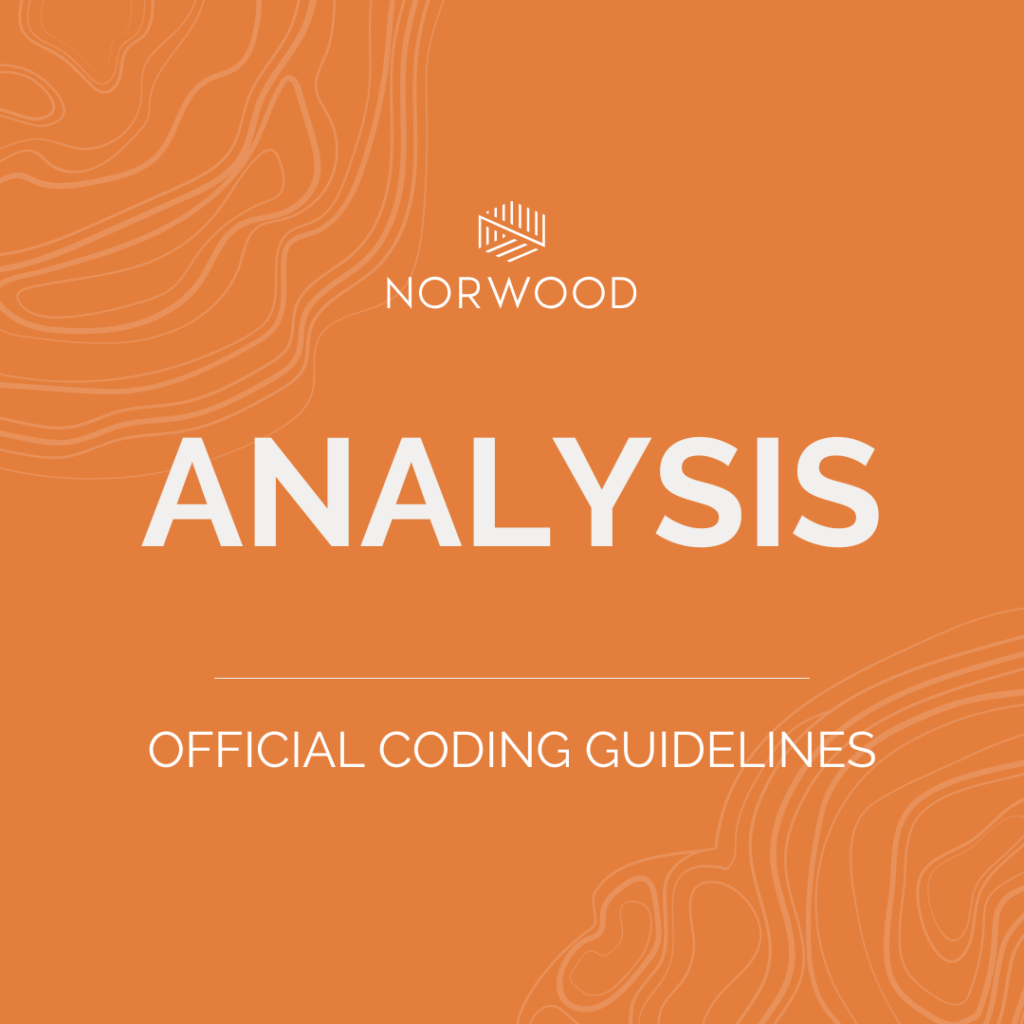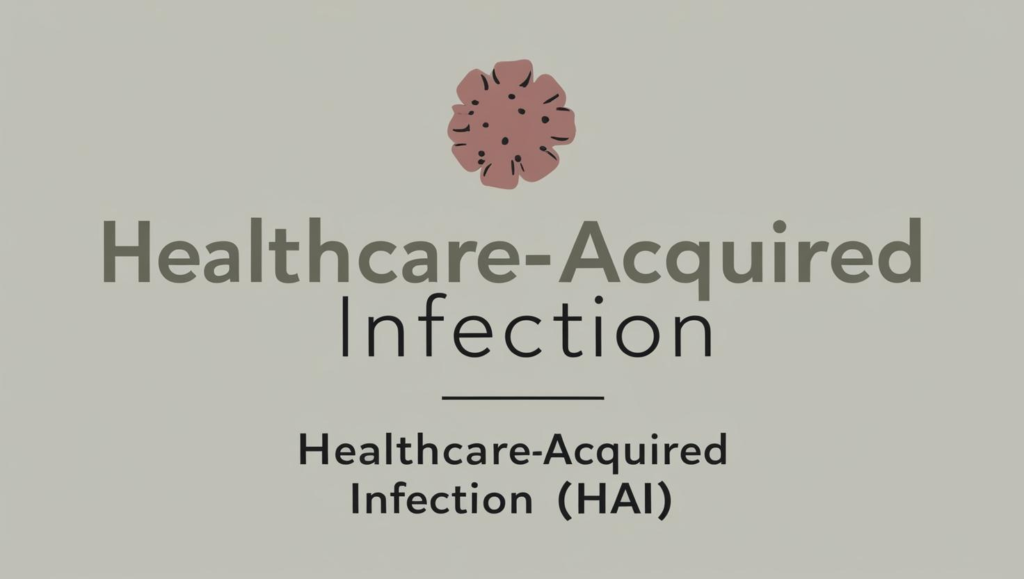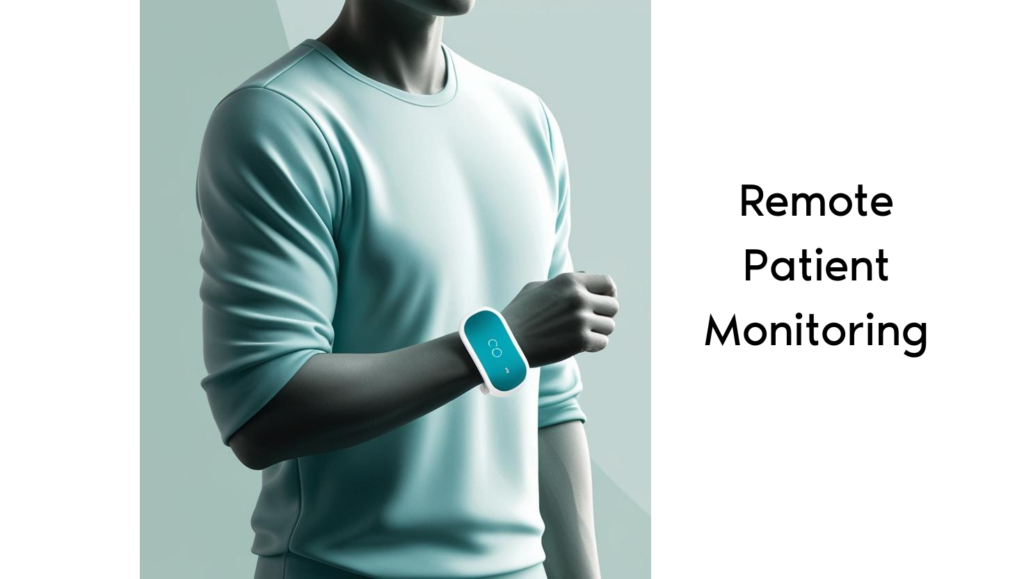News
Could AI increase clinician burnout? The answer is yes… and the solution is human beings
By Brian Murphy Could artificial intelligence (AI) increase physician burdens—and burnout? This headline from Healthcare Dive (see link to full article in the comments) is provocative … but might not be clickbait. This is admittedly a complex issue with a lot of “it depends.” It depends on what product you’re using. It depends on what…
Read MorePrepare for April 1 OCG changes to COVID-19, obesity, and sepsis
By Brian Murphy An update to the ICD-10-CM Official Guidelines for Coding and Reporting (OCG) is out. These changes take effect April 1. I’ve provided the link below. The following three changes are of particular importance to CDI and coding professionals. I recommend reviewing the entire document which won’t take long; as a reminder, the…
Read MoreRigorous patient scheduling critical to success in a risk adjustment environment
By Jason Jobes, SVP, Solutions Best Practice Tip: On January 1st of every year identify what percentage of your patients’ risk-based contracts have a scheduled PCP appointment. As full implementation of V28 of CMS-HCCs looms larger, I want to share a best practice I discuss with our partners. What percent of your patients have their…
Read MoreWhat responsibilities does a CDI specialist or IP coder possess in an AI-enabled environment? A look at some pros and cons
By Brian Murphy What does it mean to work as a clinical documentation integrity (CDI) or inpatient coder in a high-tech, AI-enabled environment? I got a glimpse of the future (for some, the present) this week while attending the ACDIS Virtual Symposium. And jotted down a few pros/cons as I see them, from the perspective…
Read MoreWant to be a better CDI or coding professional? You must read the chart
By Brian Murphy You’ve got to read. Whether it’s a blog post, a book, or in the case of the professions I serve, the patient’s chart. Reading results in comprehension and eventually, understanding. It takes time, but it’s time well-spent. I believe very strongly in this, which is why in my ACDIS…
Read MoreUnitedHealth’s billing practices draw DOJ investigation, Wall Street Journal coverage
By Jason Jobes, SVP, Solutions DOJ ALERT: The Wall Street Journal is reporting that UHC is under investigation for Medicare Advantage (MA) billing practices. Why, and what should you know? Thanks for reading Mid-Revenue Cycle Minute. Don’t forget to follow me on LinkedIn where I share content like this regularly. The WSJ…
Read MorePrevent costly healthcare-associated infections (HAIs) with robust CDI, coding practice
By Brian Murphy In 2015, 1 in 31 hospital inpatients developed a healthcare-associated infection (HAI) according to a recently released AHRQ report. These include but are not limited to: Central line-associated bloodstream infections (CLABSI) Catheter associated urinary tract infections (CAUTI) Ventilator-associated pneumonia (VAP) Non-ventilator hospital-acquired pneumonia (NVHAP) Surgical site infections (SSI) MRSA and…
Read MoreWatch for these common patterns of error in physician E/M leveling
By Joanne Wilson, RN, ADN, CCDS, Senior Director, Solutions Challenges with accurate E/M level code assignments remain a persistent problem for providers. In my recent experience auditing across various specialties including behavioral health, critical care, internal medicine, and gastroenterology, I’ve found some consistent patterns emerge and am sharing with you. Key observations: …
Read MoreRemote patient monitoring opens up new opportunities for CHF diagnosis, CDI query
By Brian Murphy I have my moments of technophobia, but other days feel rather optimistic. As I am for example with remote patient monitoring (RPM). Patients spend 99% of their time out of the hospital, which makes it very difficult to ensure medication or diet adherence, monitoring of vital signs, etc. The result…
Read MoreCoded data alone cannot tell the story—human interpretation a must
By Brian Murphy A recent study blaming upcoding as the cause of high acuity DRG reporting has me thinking about data more broadly—and its limitations. A few weeks ago Health Affairs recapped a study in which researchers, using all-payer discharge-level data from five states, claimed that “upcoding” was the cause of a 41%…
Read More









